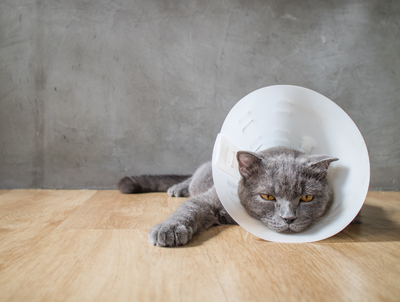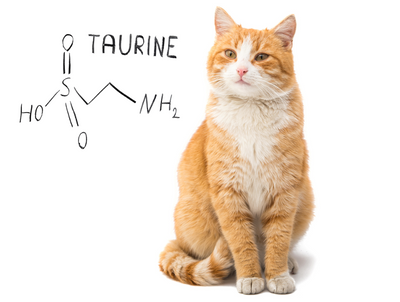What is FIV?
According to Pedersen (1993), Feline Immunodeficiency virus (FIV) is linked to an AIDS-like disease in domestic cats. FIV, like HIV, can be spread vertically through prenatal and postnatal pathways, by contact with mucous membranes and through blood transfusion.
Clinical Signs
Most infected cats do not show any clinical signs for years and stay in an ‘asymptomatic phase’. The clinical signs only arise due to immunodeficiency which is caused by FIV, leading to secondary infections.
Immunodeficiency arises in the form of chronic diseases such as gingivostomatitis, respiratory disease, ocular disease, intestinal disease and skin disease. In rare cases, infected cats can also develop neurological diseases. Observable changes such as the following should all be monitored:
- Weight loss
- Recurrent fever
- Lethargy
- Enlarged lymph nodes
Diagnosis of disease
FIV can be diagnosed via the examination of blood samples to detect the presence of these antibodies that are developed by the cat’s immune system when the cat is infected. The can be performed via the enzyme-linked immunosorbent assay (ELISA) that can be done in-house (vet clinic). Subsequently, confirmatory testing is recommended especially in seropositive cats without history of FIV vaccination.
Treatment of disease
If FIV symptoms start to show up, they treat any secondary illnesses that result from the virus. Treatments often recommended to help cats with FIV include:
- Medications to help with any secondary infections (antibiotics, corticosteroids) as well as anti-inflammatory and immunosuppressive drugs.
- Fluid and electrolyte replacement therapy
- Parasite control
- Healthy diet that is easy for the cat's digestive system.
- Neutering for healthy seropositive cats should be , as it may reduce aggression in tom cats and thereby the associated risk of FIV transmission. Neutering will also help to reduce roaming and contact with neighbouring cat.
- Frequent health checks for cats infected with HIV. They should be examined clinically at least every 6 months and monitored for weight loss.
- Periodic routine laboratory testing (haematology, biochemistry, urinalysis) should be considered.
- Isolation for cats that are infected with FIV as they are considered immune-deficient and can easily contract other infectious diseases from other cats
How to prevent FIV?
- Vaccination especially for outdoor cats
- Preventing fights and bites as FIV is transmitted through bites, always avoid cat fight situations
- Keeping cats indoors so that they have a lower chance of coming into contact with other cats with FIV
- Regular veterinary care to ensure your cat’s health is in check and for early intervention
- Spaying and neutering to reduce your cat’s chances of engaging in mating behaviors
- Testing and screening to ensure that new cats in the household are free of of FIV before coming into contact with existing cats
Will I get HIV if my cat has FIV?
Fortunately, there is no evidence of FIV transmission from cats to humans or even dogs! BUT, due to their immunosuppressed status, FIV-infected cats may host a variety of diverse opportunistic diseases that can infect immunocompromised individuals.






